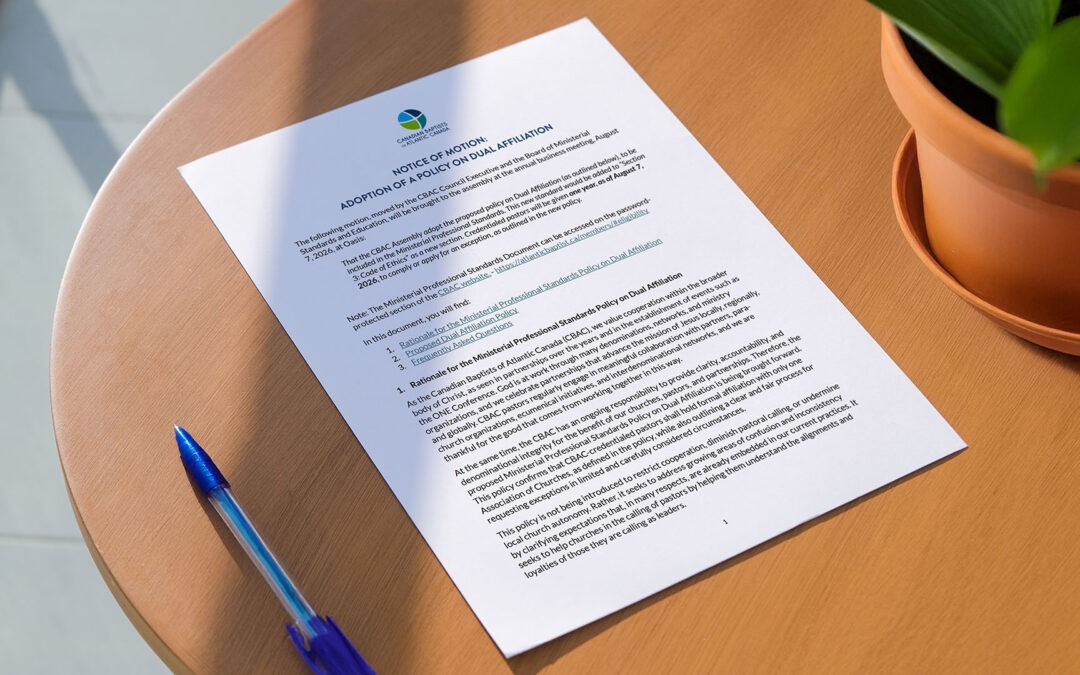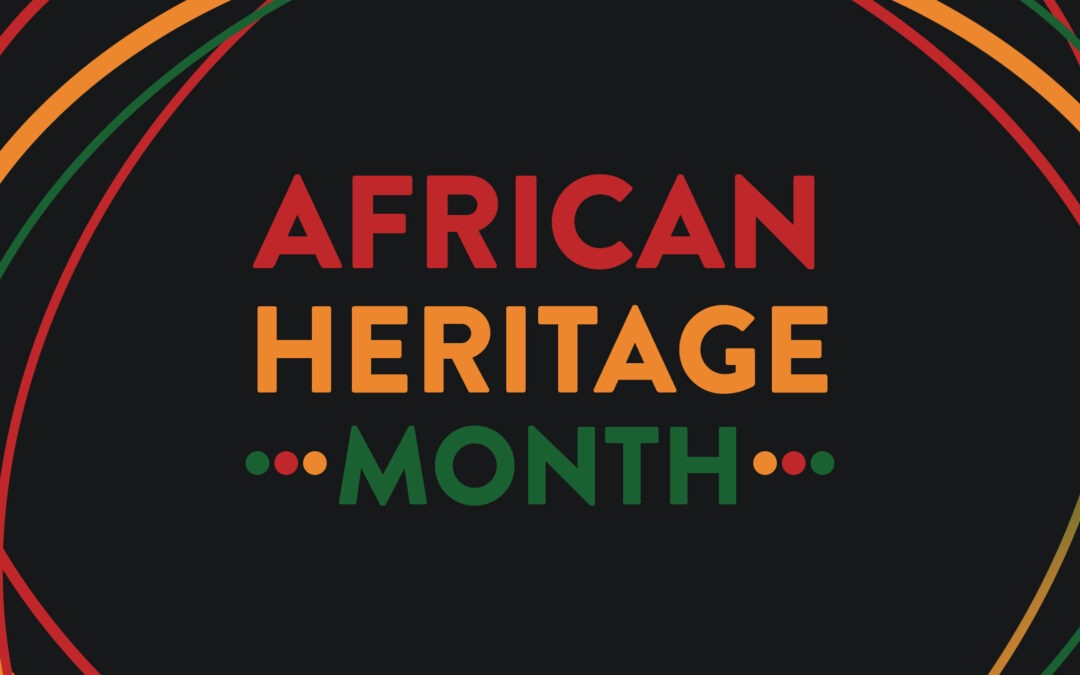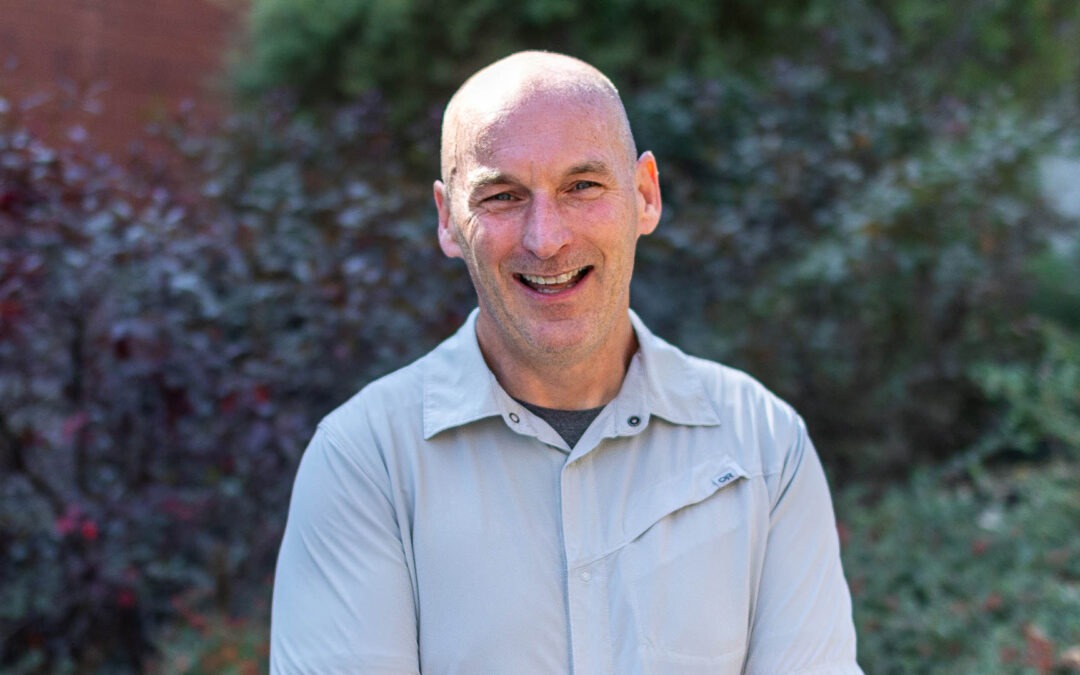 An indicator that I was living less by the Holy Spirit and more by stress was that the people in my life lost distinctiveness. They became background and blurry. I wouldn’t ask them questions or listen to answers. I forgot names, faces and everything else.
An indicator that I was living less by the Holy Spirit and more by stress was that the people in my life lost distinctiveness. They became background and blurry. I wouldn’t ask them questions or listen to answers. I forgot names, faces and everything else.
Mark’s gospel tells a story about Jesus leading a man who’d gone blind beyond his village limits, spitting on his eyes, laying his hands on his head and asking,
“Do you see anything?”
The man looked up and said, “I see people. They look like trees walking around.”
Once more Jesus put his hands on the man’s eyes. Then his eyes were opened, his sight was restored and he saw everything clearly.
Jesus sent him home saying, “Don’t go into the village.” Mark 9:23-26
We can’t join God and what he is doing in people’s lives if we can’t see those lives. Joining God in our neighbourhoods means seeing our neighbours, but how do we regain our sight?
1. Allow Jesus to lead you away from your world. We get good at being blind, hardly stumbling as we ply well-worn routes and routines (ruts). “You’d never know he was blind,” people might say. Allow Jesus to disrupt your life and make you dependent on his leading.
2. Let him spit on you. Nothing in Middle Eastern culture (and many others) is as dishonouring and humiliating as being spat upon. Have you been humbled? What a gift! Healing is happening.
3. Be picky and patient. If you’d been blind and suddenly could see shapes you’d be liable to say, “Wow! I can see! Thanks, Jesus.” But this guy said, “No, it’s still not right. I’m still not seeing people as clearly as I should.” Don’t stop this healing process until the interests of others stand out more than your own.
4. Go home (not the village). Start by seeing those closest to you.“How am I supposed to lead Somalis to Christ?” I asked God back in our Kenya days. He answered from Ephesians 5 – “Husbands, love your wives.” And today when I ask how to live and work better, I get similar answers. Like having my heart turned back towards my children and inviting our new neighbours over.
Tempted to say – “No thanks, Jesus. This all sounds regressive. And how do I know you’ve got my interests in view and I’m not just a prop in your Messiah show?”?
Consider this: Jesus allowed himself to be spat on, punched in the head, and led outside of town, carrying a tree and stumbling. And as his eyes closed in death, he listened to a thief, saw his mother, saw his friend and forgave his enemies. He saw and sees us. Isaiah said that after Messiah’s sacrificial death he would see the light of life again and see us – his offspring and the results of his suffering – and be satisfied. He considers us worth it.
Knowing he sees me, helps me see others.




